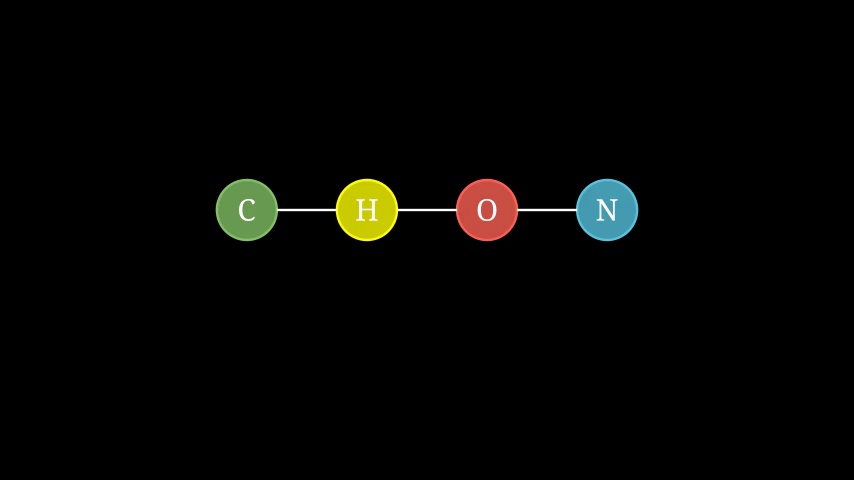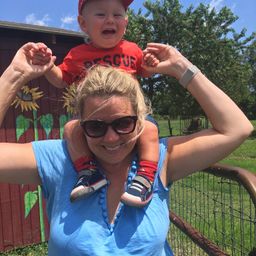Step 1: Figure out what the food safety problem is. In this case, it’s cross-contamination between raw chicken (which could have harmful bacteria like Salmonella) and vegetables that will probably be eaten without much extra work. Show more….
Raw chicken can contain harmful bacteria like Salmonella and Campylobacter As a food worker, it’s essential to follow proper safety precautions after cutting raw chicken to prevent cross-contamination and foodborne illness
Washing Hands and Sanitizing Surfaces
The first and most critical step after handling raw chicken is to thoroughly wash your hands with warm, soapy water Scrub for at least 20 seconds, washing between fingers and under nails where bacteria can hide. Handwashing reduces the risk of spreading bacteria to other foods.
All tools and surfaces that touched the raw chicken also need sanitizing. Use hot, soapy water to wash cutting boards, knives, countertops and sinks. A bleach solution or other sanitizing agent will further kill lingering bacteria. Be sure to sanitize sponges and dishcloths regularly.
Safely Storing Chicken
Raw chicken needs proper storage to prevent bacteria from multiplying. Seal the chicken in a plastic bag or storage container before refrigerating. This keeps raw chicken juices from dripping onto other foods and contaminating them.
Refrigerate chicken right away and use within 1-2 days. The cold temperature slows bacteria growth. Don’t store raw chicken in the door, where the temperature fluctuates.
Cooked chicken also requires safe storage. Put it in shallow containers to cool down quickly, and then put them in the fridge within two hours. Eat leftover cooked chicken within 3-4 days.
Preventing Cross-Contamination
Cross-contamination is when bacteria transfers from one food to another. This is especially risky with raw chicken. To avoid it:
-
Use separate cutting boards and utensils for raw chicken. If you are going to cut raw chicken with a knife that will touch other foods, you should always wash the knife first.
-
After handling raw chicken, clean your hands, work area, and tools well before moving on to something else.
-
Store raw chicken below ready-to-eat foods like produce in the fridge so juices won’t drip down.
-
Never reuse marinades used on raw chicken unless boiled first.
Following these precautions will help prevent the spread of Salmonella, Campylobacter and other pathogens through cross-contamination.
Cooking Chicken Thoroughly
Proper cooking destroys bacteria that raw chicken may contain. Use a food thermometer to check that chicken reaches an internal temperature of 165°F. If a thermometer isn’t available, cut into the thickest part of the meat and check that there is no pink and the juices run clear.
When reheating leftover chicken, heat it to 165°F again. Bring soups and casseroles containing chicken to a full boil. These steps kill any bacteria that may have multiplied during storage.
Partially cooking chicken then finishing later is risky – bacteria can survive and multiply in the meantime. Always fully cook chicken in one session.
Employing General Food Safety Habits
There are some other important food safety habits to follow when working with raw chicken:
-
Avoid rinsing raw chicken, which can spread bacteria through splashing.
-
Marinate chicken in the fridge, not on the counter.
-
Discard used marinade and any chicken juice that spills during prep.
-
Use separate grocery bags for chicken.
-
Replace dish sponges frequently.
-
Label and date chicken packages and leftovers for easy tracking.
-
Never leave chicken or any perishables out for over 2 hours.
Following proper food safety practices protects you, other food workers, and consumers from illness. Be especially diligent about cleanliness and preventing cross-contamination after handling raw chicken. With the right precautions, you can help ensure food stays safe to eat.

Please give Ace some feedback
Your feedback will help us improve your experience
Thanks for your feedback!
Question: 28 A food worker has finished cutting raw chicken and is about to chop vegetables. What must the food worker do before chopping the vegetables to prevent cross-contamination? a. Wash hands and change gloves b. Apply a chemical sanitizer to the vegetables c. Wipe off the cutting board with a linen towel d. Soak the cutting board and knife in cold water Review Later Leave question feedback.
Marlyn Joyce and 101 other Biology educators are ready to help you.

YouTube Video
Paste a YouTube link and we will convert it into notes. Find the answer to this and millions of other questions here. 28. A food worker is about to chop vegetables after cutting raw chicken. What must the food worker do before chopping the vegetables to prevent cross-contamination? a. Wash hands and change….
Watch the video solution with this free unlock.
You finished cutting up a raw chicken and put it in the oven to cook You should
FAQ
When a food worker has finished cutting raw chicken is about to chop vegetables?
To keep from spreading germs, the person who works in food service has to wash their hands and put on new gloves before cutting vegetables. This step is crucial for maintaining food safety and preventing the spread of bacteria. Thus, the correct answer is Option A: ‘Wash hands and change gloves. ‘.
What should you do after cutting up raw chicken food handlers?
What should you do if you cut yourself while handling chicken? First, wash it out with running water as soon as possible. Second, disinfect it with alcohol or Betadine. Just pour it into the cut. Some folks have suggested using hydrogen peroxide, but it is not a disinfectant (it’s great at dissolving dried .
What must a food worker just finished cutting raw chicken before preparing salads?
A food worker who has just finished cutting raw chicken must thoroughly wash their hands with soap and warm water for at least 20 seconds before preparing salads to prevent cross-contamination and foodborne illness, according to food safety guidelines.
What should you do if you finish cutting up a raw chicken and put it in the oven to cook?
Once you finish cutting up a raw chicken and have placed it in the oven to cook, it is important to follow proper sanitation steps to prevent cross-contamination. The best choice would be to: B. Run the cutting board and knife through the dishwasher.



